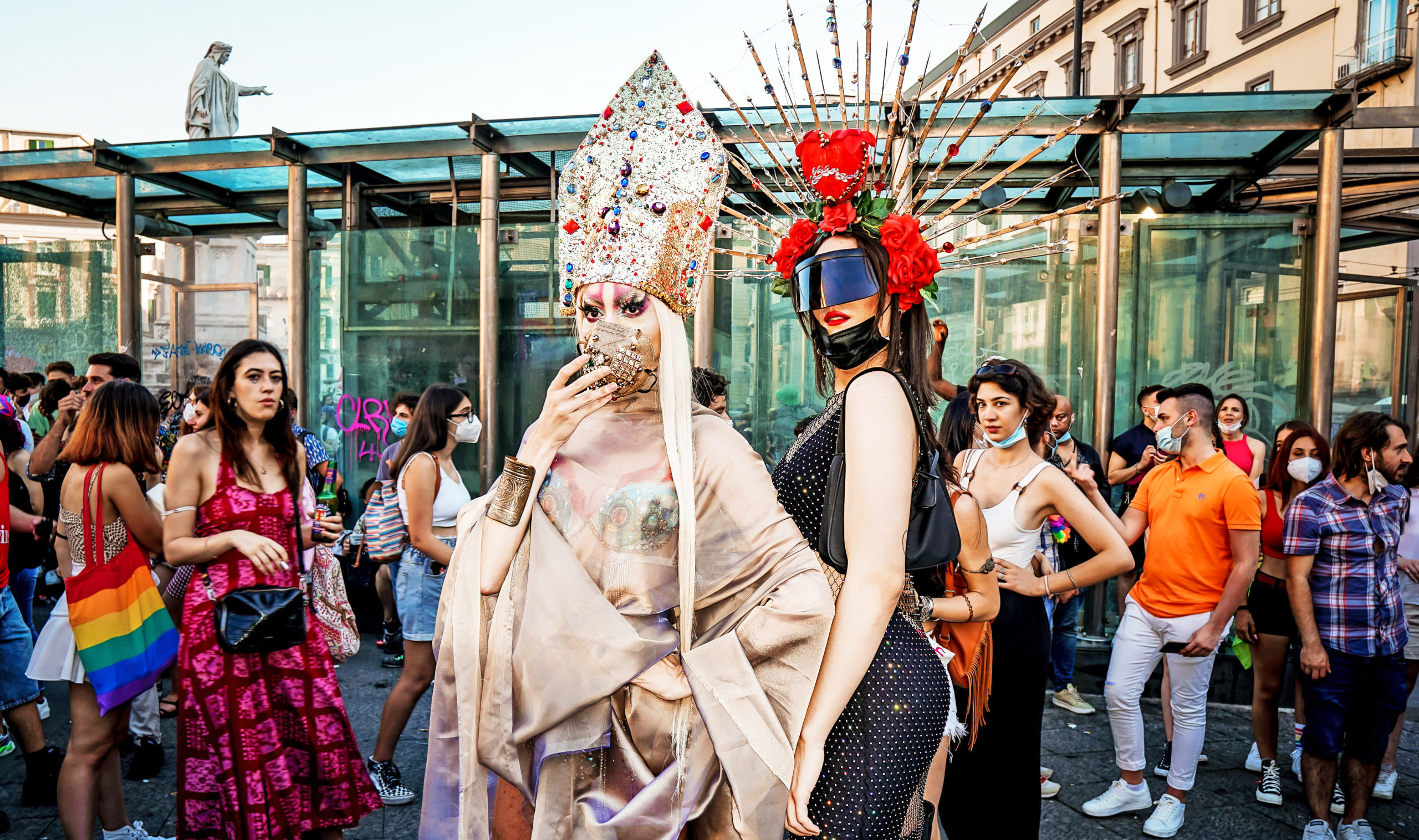Back in the olden days of football, Celtic manager Jock Stein said that, if he was offered the choice of two players, one Protestant and one Catholic, he would sign the Protestant “because I know Rangers would never sign the Catholic.” The city’s Protestant club held faster to the tradition of refusing to sign Catholic players, not broken until 1989 with Mo Johnstone.
We call such thinking bigotry today, from the Norman French bigot, an excessively religious person, but during the great religious divide that split Europe for centuries people would have viewed rival interpretations of the faith as genuinely dangerous. If we allowed their faith to proliferate, if we allowed it to be normalised, it would cause genuine harm; we must stop the hate it causes. But in some cases, as with Scotland and Ireland, one side was clearly more fired up by the evils of the other.
Fast forward to the 21st century where, no longer held back by religious superstition, political debate is theoretically made up of pure distilled reason and iron logic.
Except, this time with the internet rather than the printing press, Europe is going through a second Reformation, with daily clashes between followers of the old faith and new. Politics is the new faith — never mind that most people aren’t culture warriors, and just want to be left alone, the same was probably true of most people during the first Reformation.
At the start of Elizabeth I’s reign, and well into it, Catholics and their sympathisers formed a majority of the English population, the new Protestant faith mainly concentrated among a highly-educated elite in the cities. By the end of the reign, the country was almost defined by its opposition to Catholicism. Some believe Shakespeare to be a Catholic or Catholic sympathiser, but most likely he was just the median 16th century floating voter who was reasonably happy as things were before but went along with the new order to get along.
An entirely new moral order had been built, new rules established, with Catholics gradually socially ostracised. They were “cancelled”, in a really serious way. Yet the need for purity meant that many weren’t satisfied by mere reform; the culture wars of that era moved on from Catholics to pitting different Protestant groups against each other, such as the English Civil War with the old believers reluctantly supporting whichever side was less extreme.
A similar transformation of cultural values has occurred during the reign of the second Elizabeth: the country from season one of The Crown is almost unrecognisable today. Indeed it has moved on so much that most “culture war” debate today is between different groups of post-1968 progressives.
The dispute over transgenderism is in some ways the defining debate of our time, and it’s one in which conservatives are almost completely absent, most of the heavy lifting (so to speak) done by feminist writers and activists. After 11 years of a Tory in Downing Street, among the only pushback we’ve seen on social issues, the Government’s distancing from Stonewall, has been largely thanks to activism by radical feminists.
Many of these radical feminists now appear in conservative publications on this issue, as Suzanne Moore explains today, whereas much fewer conservative writers can be found in Left-wing publications. Perhaps, like the previous culture wars, one side just takes its faith more seriously.











Join the discussion
Join like minded readers that support our journalism by becoming a paid subscriber
To join the discussion in the comments, become a paid subscriber.
Join like minded readers that support our journalism, read unlimited articles and enjoy other subscriber-only benefits.
Subscribe